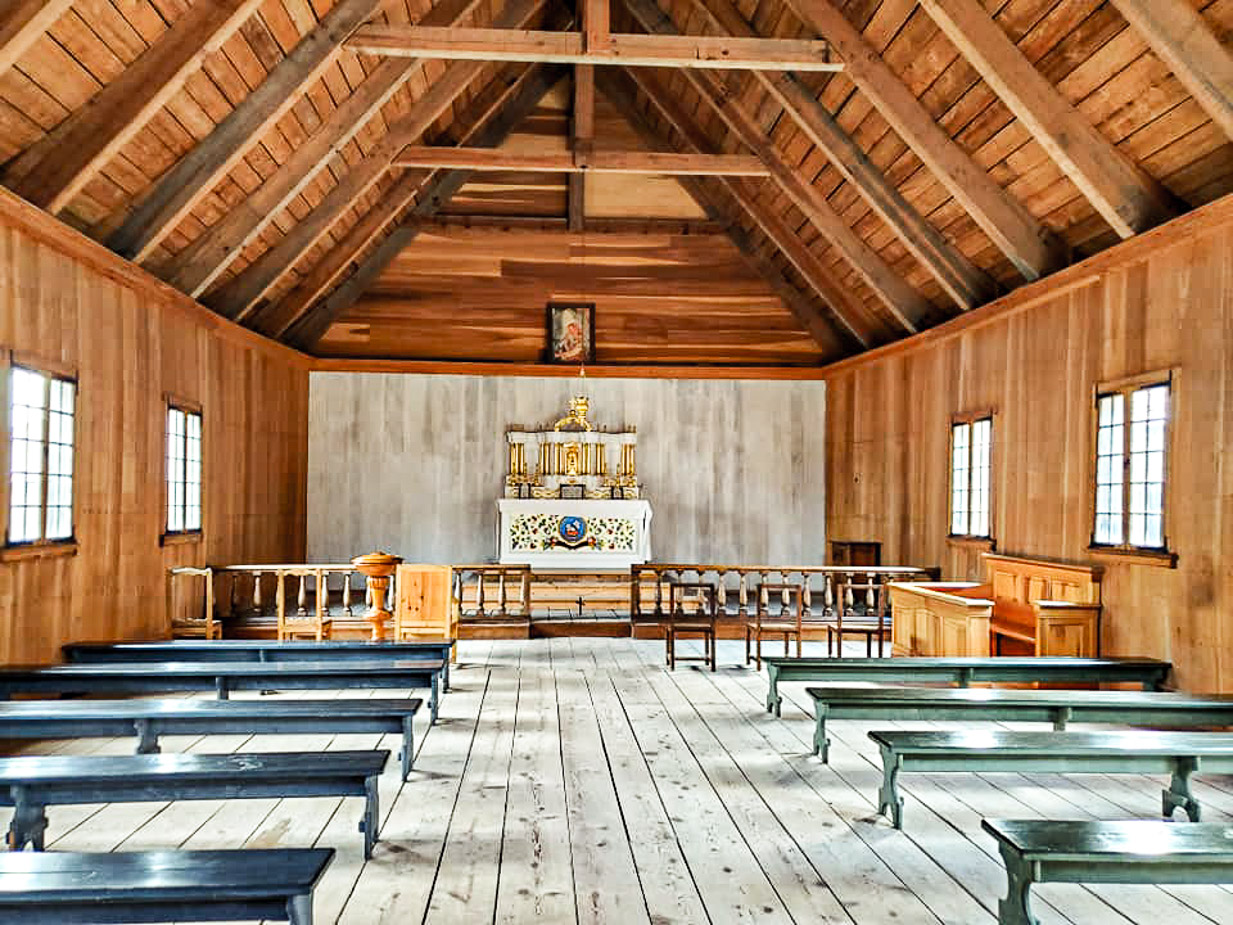

 ©Jason Hall
©Jason Hall
Chapter 28:1-14 (ESV) - “Then bring near to you Aaron your brother, and his sons with him, from among the people of Israel, to serve me as priests—Aaron and Aaron's sons, Nadab and Abihu, Eleazar and Ithamar. And you shall make holy garments for Aaron your brother, for glory and for beauty. You shall speak to all the skillful, whom I have filled with a spirit of skill, that they make Aaron's garments to consecrate him for my priesthood. These are the garments that they shall make: a breastpiece, an ephod, a robe, a coat of checker work, a turban, and a sash. They shall make holy garments for Aaron your brother and his sons to serve me as priests. They shall receive gold, blue and purple and scarlet yarns, and fine twined linen.
“And they shall make the ephod of gold, of blue and purple and scarlet yarns, and of fine twined linen, skillfully worked. It shall have two shoulder pieces attached to its two edges, so that it may be joined together. And the skillfully woven band on it shall be made like it and be of one piece with it, of gold, blue and purple and scarlet yarns, and fine twined linen. You shall take two onyx stones, and engrave on them the names of the sons of Israel, six of their names on the one stone, and the names of the remaining six on the other stone, in the order of their birth. As a jeweler engraves signets, so shall you engrave the two stones with the names of the sons of Israel. You shall enclose them in settings of gold filigree. And you shall set the two stones on the shoulder pieces of the ephod, as stones of remembrance for the sons of Israel. And Aaron shall bear their names before the Lord on his two shoulders for remembrance. You shall make settings of gold filigree, and two chains of pure gold, twisted like cords; and you shall attach the corded chains to the settings.
Question to consider: Why did the LORD give specific instructions for ornate priestly garments?
After describing the detailed place and objects of worship for the people of Israel who had agreed to the terms of God’s covenant with them, the LORD gave Moses details about the ornate clothing of those who were to carry out His worship commands: the priests. Today the practice of wearing priestly garb is not accepted in all Christian denominations because some churches view this as putting priests on a pedestal above their brothers and sisters in Christ. In addition, they flatten the organizational chart of their church so that everyone is viewed with equal authority.
While it is true that we are all one in Christ Jesus, God has established different leadership roles in the home, in society, and in the church. The practice of the holy vestments is not to elevate the individual but the office or duty. The priests were set apart by God to do the priestly duties. Pastors today are also set apart to deliver God’s word and the sacraments. As an elder in my church I put on a robe to set me apart for serving the communion bread to my brothers and sisters in Christ. It is not to put the focus on me but to recognize that in the taking of the bread, the congregation is receiving the true body of Christ who was given into death for our sins.
The image of a priest dressed in an ephod of fine linen that is splattered in the blood of the sacrifice is quite a stark reminder of what Christ has done for us. When Aaron performed his priestly duties, he wore the ephod with stones inscribed with the names of the twelve tribes as a reminder that he was interceding between the people of Israel and God.
As proof that the priests weren’t “better” than the people they represented, the priests were not chosen by their religious strength or acuity but by their lineage through Aaron. Once Israel entered the land of Canaan, all of the people would receive a land inheritance except for the descendants of Aaron who would be the priests. Instead of land, they would receive a tithe from the people. Instead of being dedicated to a piece of land, they would be dedicated to the people they represented before God.
I think we can relate this to our relationship with our pastors today, can’t we (at least in the ideal sense)? A pastor has given up a personal career and devoted himself to serving his flock through God’s word and sacrament. Historically, a pastor would not even own a house but would reside close to the church in a parsonage or manse. In return, the people would give to maintain the church, to provide for missions, to provide for the greater denomination, and to care for their pastors.
I realize that some reading this might have had a terrible experience with their church or their pastor which has soured this ideal, but there are still churches that have pastors who serve faithfully. I encourage you to keep searching until you find one. If possible, make it a priority to live nearby so you can use your gifts and talents to share life with your brothers and sisters in Christ.
Dear heavenly Father, please stir up in us a spirit of love and mercy for Your church. Help us to care for our pastors who humbly serve us through Your Word and good gifts. Help our pastors to pursue sound doctrine and to be Your vehicle for us to overflow with the grace and mercy of Christ. Amen.